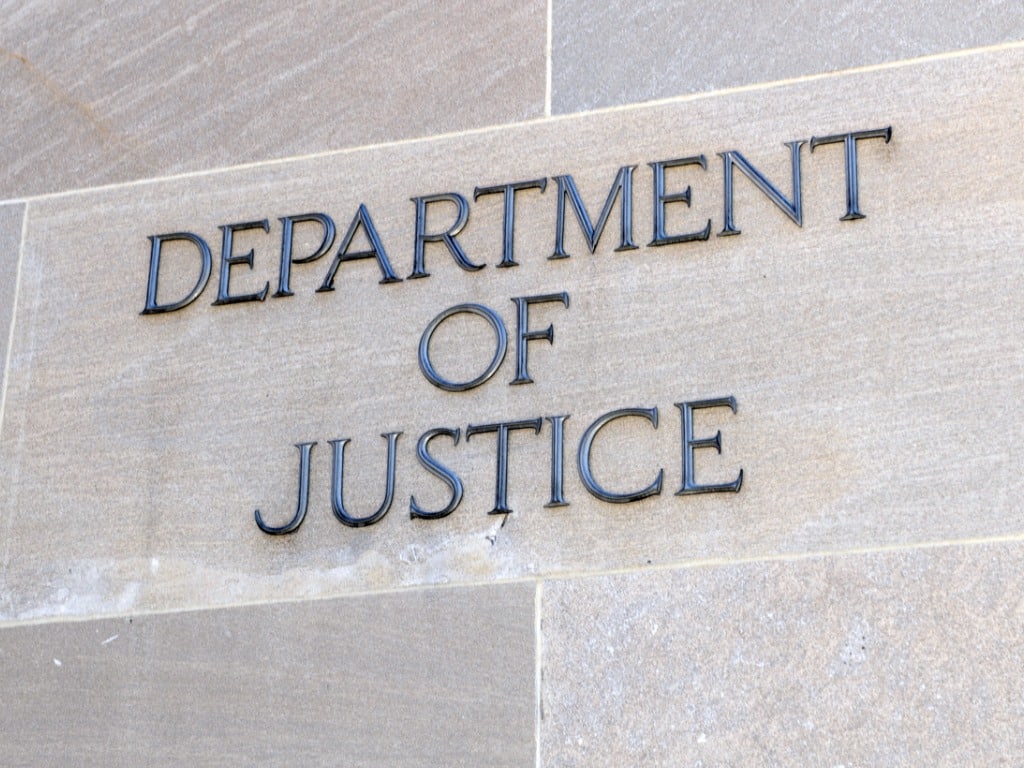A Virginia-based government contractor has agreed to pay $1.12 million for alleged violations of the False Claims Act, according to a June 4 U.S. Department of Justice (DOJ) press release. The contractor, 360 Patriot Enterprises, LLC (360 Patriot), is the awardee of a number of high-value federal contracts with a combined potential value of over $17.6 billion.
As the recipient of the $10 billion Seaport Next Generation (Seaport-NXG) contract, 360 Patriot is responsible for providing “qualified personnel, materials, facilities, equipment, test instrumentation, data collection and analysis, hardware and software, and other services to support the Department of the Navy.” Contracts like these allow the military and other branches of the government to operate at their fullest capacity without wasteful spending. The government entrusts contractors such as 360 Patriot with the responsibility of consistently offering fair prices for their essential services.
The government alleges that 360 Patriot did not qualify for two U.S. Army contracts that the company won under the Service-Disabled Veteran-Owned Small Businesses (SDVOSB) program. The government sets aside a certain number of contracts for businesses that are “at least 51% unconditionally and directly owned and controlled by one or more Service Disabled Veteran (SVD)”, in an attempt to give back to veterans who have served in the U.S. armed forces. The government alleges that between 2015 and 2017, 360 Patriot did not meet the criteria of being controlled by an SVD, yet still won two contracts that required an SVD to be running the company.
The government acknowledges that 360 Patriot’s current management submitted a “written contractor disclosure” to the Department of Defense Office of Inspector General stating that the company was likely not controlled by an SVD during the period of time in which they were awarded the two U.S. Army contracts in question.
SDVOSB contracts are a way for the government to ensure that certain high-value contracts go to veterans who have served in the armed forces. In this case, the government’s ability to notice a discrepancy in the awarding of these contracts and reach a settlement is a testament to the power of the False Claims Act, the world’s premier whistleblower and anti-fraud law.
Another False Claims Act case that dealt with allegations of military contract fraud was recently settled, with defense manufacturer Navistar agreeing to pay $50 million for alleged price fixing. The whistleblower in the Navistar case, Duquoin Burgess, will receive over $11 million of the total recovered funds as a reward, satisfying the False Claims Act provisions that make whistleblowers eligible for rewards of 15 to 30% of the money that the government recoups.
